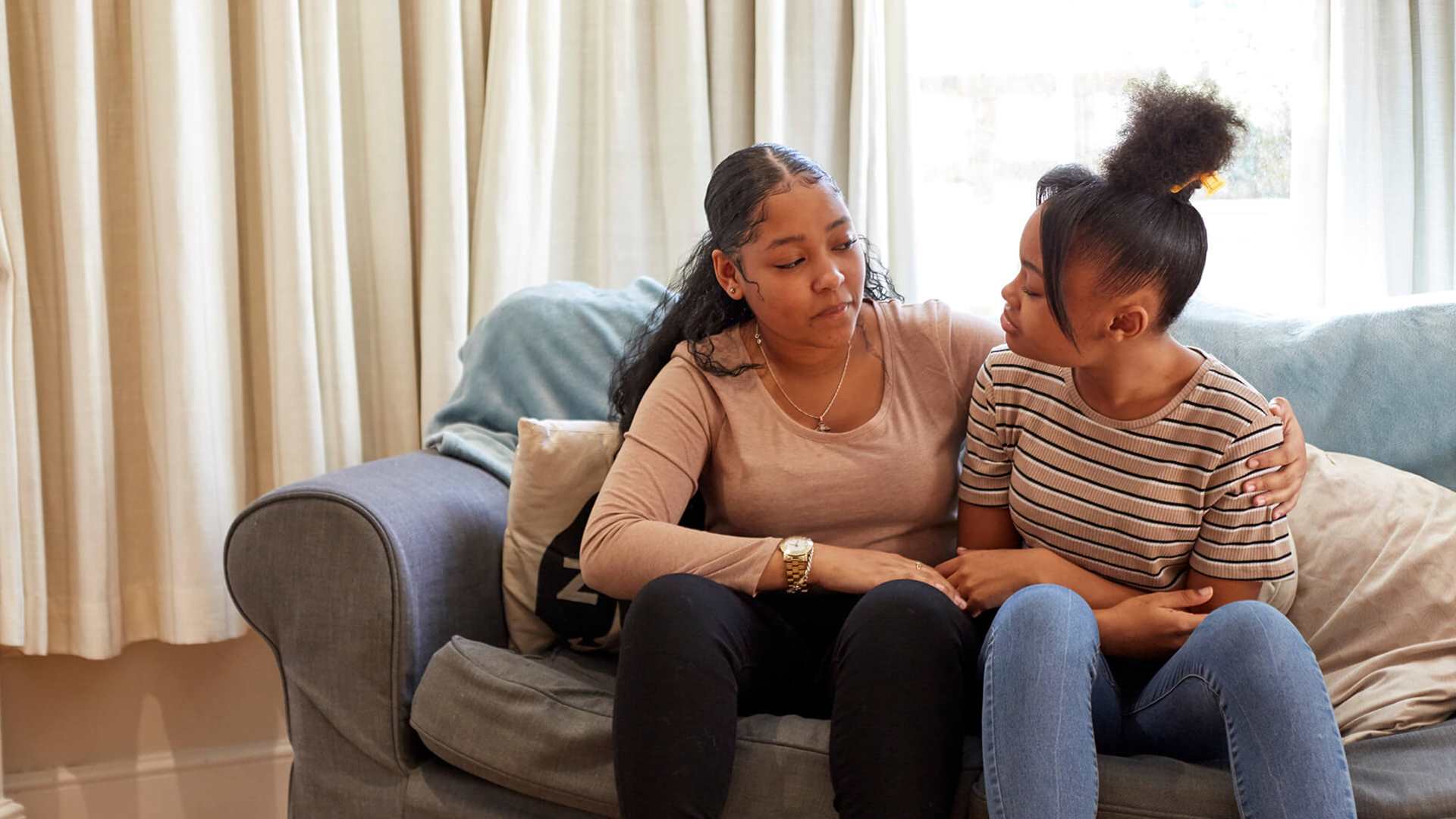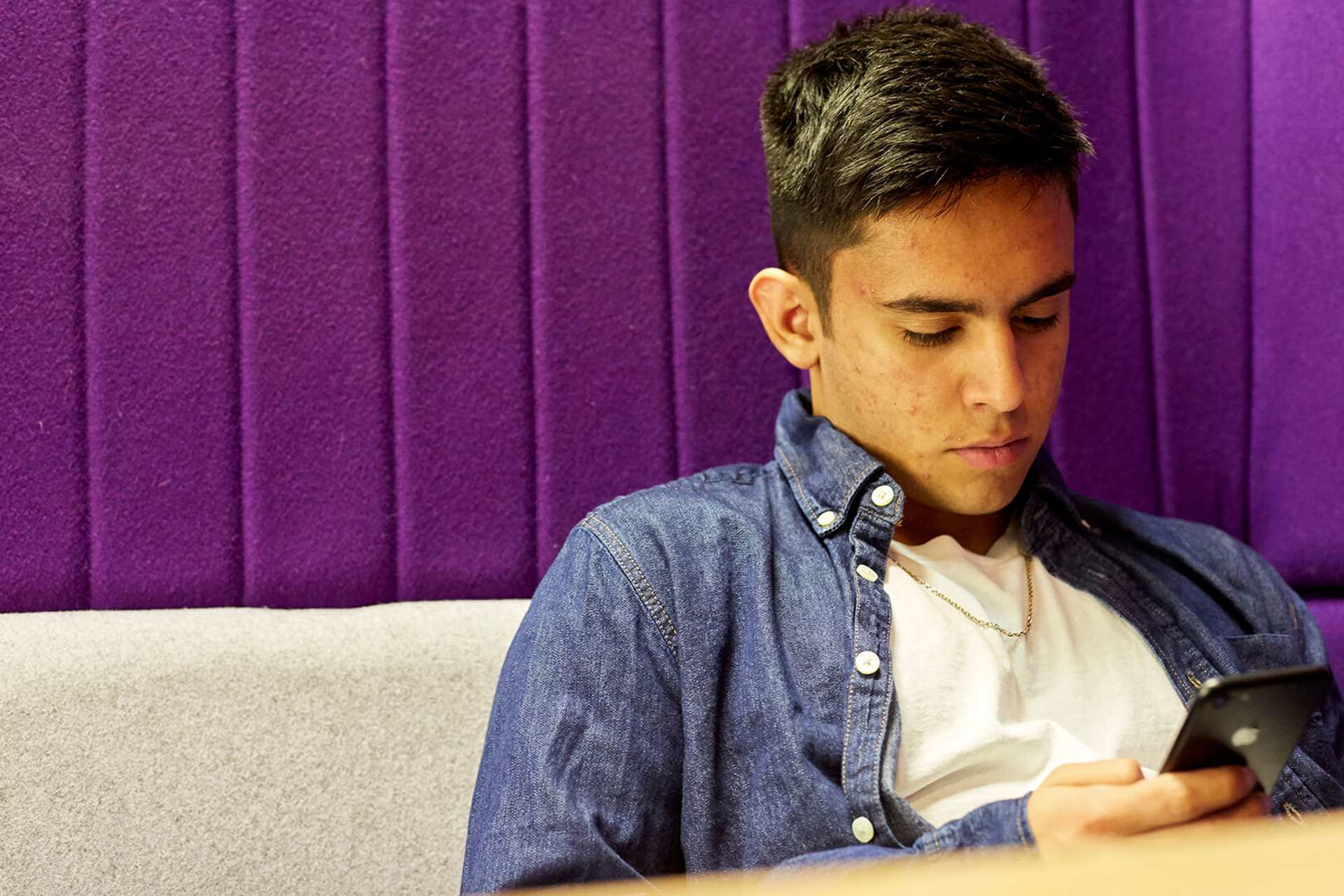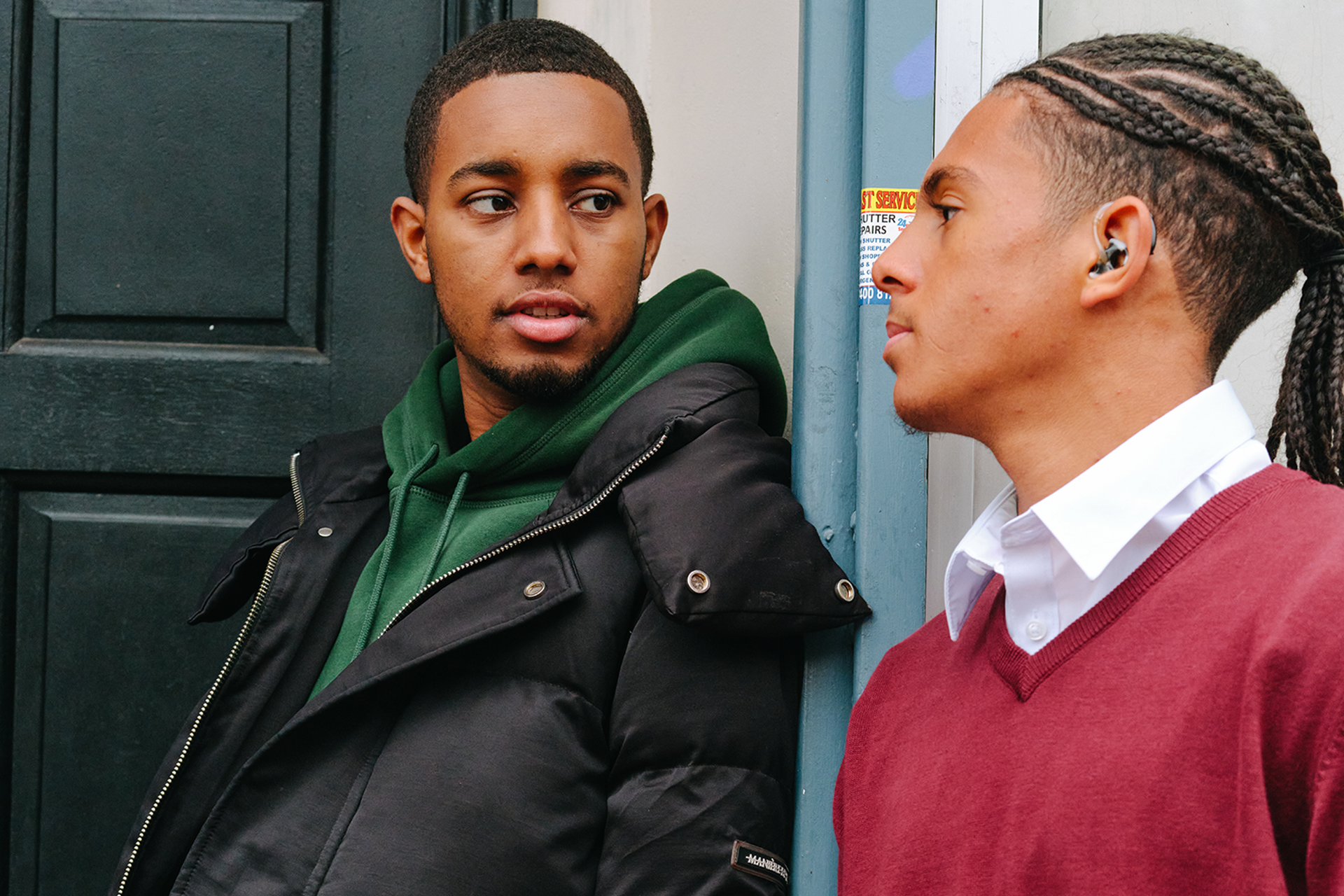Topics mentioned: counselling and therapy, panic attacks, anxiety
About: Counselling or therapy can have huge benefits for your mental health. Eleanor shares how therapy helped her tackle her anxiety and panic attacks.
Therapy is lying on a bed telling a stranger how you feel and having them tell you your emotions are due to the relationship (or the lack thereof) you have with your parents, right?
This is what I used to think, but my therapy sessions have taught me this is definitely not true! Therapy is like a journey to find yourself, except you take a guide along with you for support. Having gestalt therapy (a type of psychotherapy) opened up a whole new world for me, one that included self-discovery and allowed me to regain control over my mental health.
Therapy is like a journey to find yourself, except you take a guide along with you for support.
Nerves about starting therapy
At first, I was hesitant to start therapy. I was fearful that I would be judged and I didn’t believe that I would have the courage to share my story with someone whom I did not know. After having panic attacks while at college, many of my teachers suggested that I should go, and that I could receive counselling on site. Fear, however, got the better of me and I continued to turn it down.
It took falling to rock bottom for me to finally give in. I truly believed that I had nothing left to lose so what harm could it do to try? Fortunately, my college were very patient with me and were there waiting for me when I decided to give it a try. A quick conversation with a member of staff and I was booked in for a session the following week.
I was fearful that I would be judged and I didn’t believe that I would have the courage to share my story with someone whom I did not know.
My first session
The first session was the scariest; I had so many questions racing through my mind: would I get along with my therapist? Could she really talk to me without judgement? Am I in control of the session? The answer to all of these was yes! The first step into therapy is often the hardest but, for me, it was the most rewarding.
I was greeted at the door by a wonderful therapist who was understanding that I would be nervous and took the time to get to know me before we started with the difficult topics. She explained how the sessions would work and ensured that I knew I was fully in charge of how they went.
The first step into therapy is often the hardest but, for me, it was the most rewarding.
Doing the work
Each week, therapy became a little bit easier. I stayed with my therapist for a little over a year and I learnt so much about myself. By the end of my time in therapy, I had learnt how to manage my anxiety and panic attacks – in fact, I haven’t had a panic attack since!
My therapist was always there for me at the same time every week without fail. Without this stability I would probably be in the same situation as I was before. Her patience with me never seemed to run out, she understood my difficulty in speaking to her and so she created an environment where I could open up when it felt safe to.
She worked incredibly hard to help me get to where I needed to be but, in return, I had to work hard too! Therapy will only work if you put in just as much (hopefully more) work than the therapist does. After all, the change has to come from you.
She worked incredibly hard to help me get to where I needed to be but, in return, I had to work hard too!
Ending therapy
Ending therapy was just as hard as starting it. My sessions were cut short due to Covid-19 but I was lucky enough to have one final session over the phone to say goodbye and thank her for all the work she had put in to help me become who I want to be. This ending was emotional and messy - not something I would have liked to happen. Luckily enough I was able to use the tools my therapist had helped me develop to ensure I didn’t relapse and start panicking again.
I found that losing a therapist suddenly like that was like losing a leg to stand on - you fall down until you pick yourself back up. But I believe that this is what I needed; I was forced to try living life without relying on her, which hasn’t turned out nearly as awful as I had thought it would! Now I can depend on myself to take care of my mental health.
I was able to use the tools my therapist had helped me develop to ensure I didn’t relapse and start panicking again.
Recognising progress
When I was in therapy, it was almost impossible to see the progress I was making. In fact, I didn’t even realise I was making progress! It was not until after I had ended my therapy sessions that I realised how much I had changed and grown as a person. I am now able to manage my anxiety, I have the confidence to talk about my mental health and I know I can reach out whenever I need to.
Before I started therapy, I would ask myself, “Is it worth it?”. My answer now would definitely be yes!
More information and advice
We have tips and advice to help you find the support you need. Take a look at our guides.
Where to get help
However you're feeling, there are people who can help you if you are struggling. Here are some services that can support you.
-
No Panic
Supports people struggling with panic attacks, phobias, obsessive compulsive disorder (OCD) and other anxiety-related issues - and provides support and information for their carers.
Call 01952 680835 for a recorded breathing exercise to help you through a panic attack (available 24/7).
- Opening times:
- 10am - 10pm, 365 days a year
-
Childline
If you’re under 19 you can confidentially call, chat online or email about any problem big or small.
Sign up for a free Childline locker (real name or email address not needed) to use their free 1-2-1 counsellor chat and email support service.
Can provide a BSL interpreter if you are deaf or hearing-impaired.
Hosts online message boards where you can share your experiences, have fun and get support from other young people in similar situations.
- Opening times:
- 24/7






